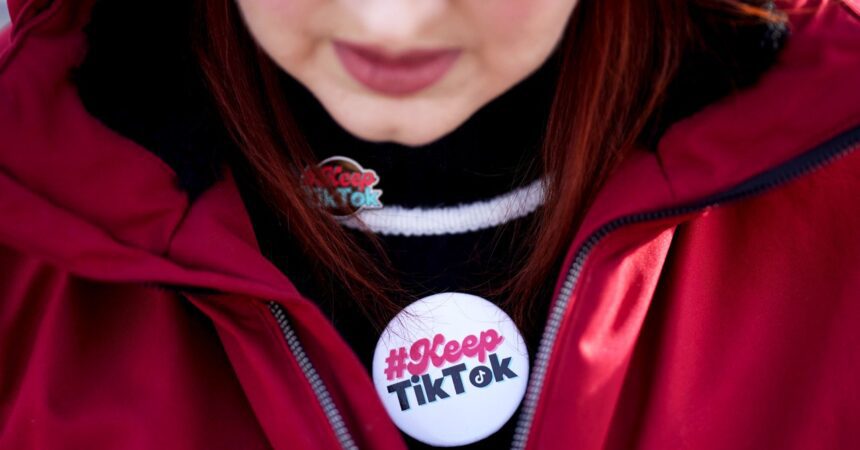TikTok in Limbo: Understanding the Supreme Court’s Decision and Its Implications
In a landmark decision, the US Supreme Court upheld a law that could ultimately result in a ban on TikTok, a platform that serves over 170 million Americans. This verdict, delivered on a Friday, sets a highly consequential precedent regarding data privacy and national security—especially with regard to apps owned by foreign companies.
The Legal Landscape
Congress recently enacted the Protecting Americans From Foreign Adversary Controlled Applications Act, which requires TikTok’s parent company, ByteDance, to divest its ownership by January 19, 2024, or face removal from US app stores. This regulatory action stems from accusations that TikTok shared user data with the Chinese government and potentially propagated pro-China narratives.
Despite government assertions of a national security threat, concrete evidence supporting these claims remains largely undisclosed. The Supreme Court’s unanimous opinion acknowledges extensive concerns over data collection practices but also emphasizes the app’s role as a vital medium for expression and community engagement.
First Amendment Rights Under Scrutiny
During oral arguments, TikTok’s legal team, alongside a group of creators, put forth the argument that the law infringes upon First Amendment rights. They claim that the law targets TikTok’s ability to function as a platform for free speech. However, the Court’s majority opinion clarifies that the law does not inhibit speech directly; rather, it seeks to sever ties between TikTok and its Chinese ownership, treating the app’s corporate structure as a matter of national security rather than a platform for free expression.
Justice Neil Gorsuch expressed uncertainty about the effectiveness of the government’s chosen remedy but supported the Court’s narrow focus on TikTok, citing its substantial data collection and vulnerability to foreign influence as justifications for differentiated regulations.
Implications of the Ruling
This ruling sheds light on a broader trend of increasing scrutiny on foreign technology companies, particularly those linked to China. The debate around TikTok transcends mere app functionality; it interacts with significant issues surrounding privacy, free speech, and governmental authority.
Potential Shutdown and User Reactions
As the deadline approaches, TikTok faces the prospect of shutting down services for US users, raising concerns among its vast user base, particularly among younger Americans who have adopted the platform as an integral part of social interaction and creative expression. The platform functions as a playground for creativity, connecting users through trends, challenges, and ideas while also serving as a source of employment and income for many creators.
Broader Context
The conflict involving TikTok is part of an ongoing narrative of technology rivalry, cybersecurity, and geopolitics. Since former President Donald Trump’s attempts to ban the app in 2020, the issue has evolved but remained persistent, culminating in legislative and judicial maneuvers to control how foreign-owned entities operate within the United States.
Looking forward, policymakers could encounter similar cases with other foreign-owned apps and platforms. The resolution of TikTok’s situation may set a precedent for future regulatory measures as the US government grapples with technology’s intersection with national security and individual rights.
Conclusion
The impending TikTok ban represents not only a crucial legal battle but also a defining cultural moment. As millions of users wait anxiously for this next chapter in the TikTok saga, the ramifications of the Supreme Court’s ruling could be felt far beyond one app, affecting the landscape of digital engagement, freedom of expression, and foreign technology in America for years to come.
As developments unfold, it will be essential for users, creators, and lawmakers to closely monitor the situation, balancing national security interests with the fundamental rights of American citizens.










